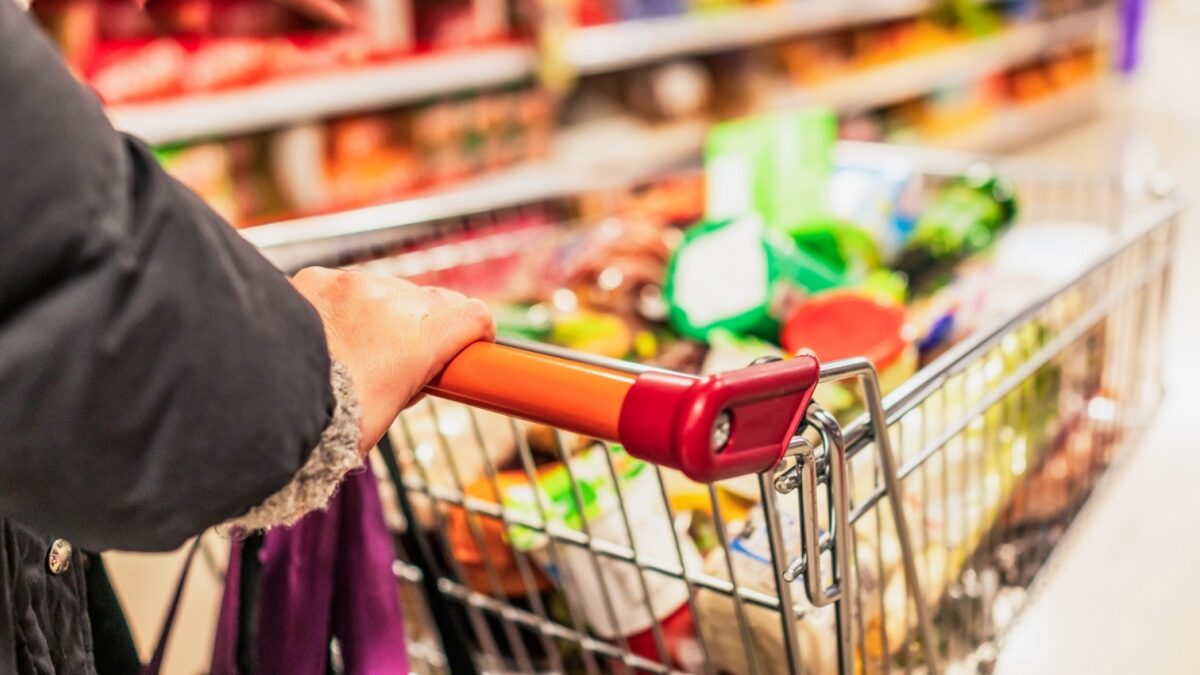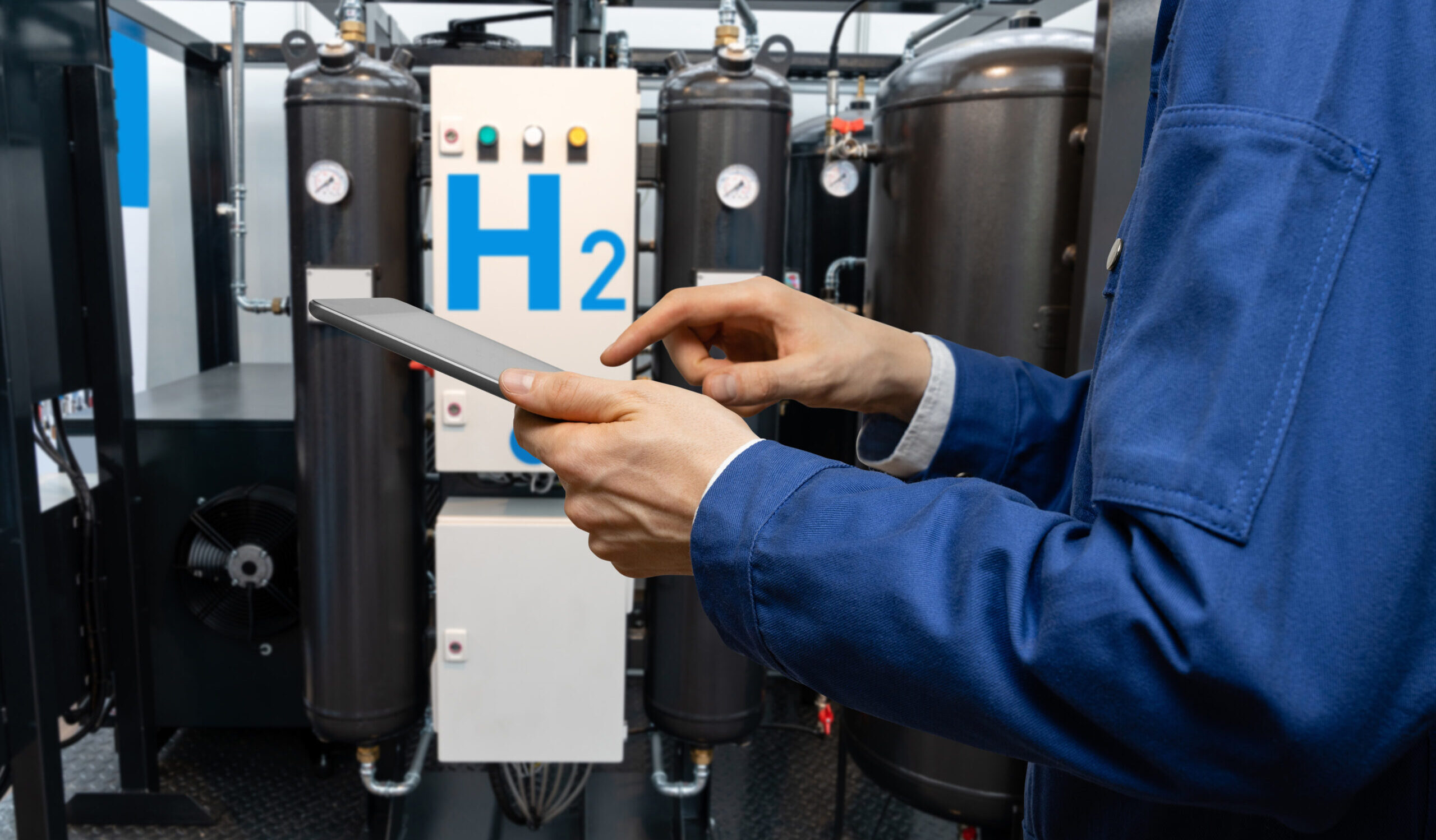In the drastically shifting landscape of grocery retail in the UK, private label brands are leading the way in redefining consumer expectations and retail dynamics.
Traditionally seen as value alternatives, these brands are increasingly viewed as leaders in both quality and innovation. In this article, we explore this shift which may have profound implications for legacy FMCG companies.
The new private label landscape
Globally in 2023, private label brands accounted for 38% of the £196 billion market of fast moving consumer goods (FMCG). In Europe, penetration of private label brands in retail outlets was highest in Spain (47%) while the value generated from them were highest in Germany (£56 billion) and in the UK (£41 billion). This trend is a growing signal from grocery shoppers who are prioritising both cost and the value proposition offered by these brands. Interestingly in the UK, the ascent of private label brands represents a significant opportunity for legacy FMCG companies to integrate sustainability into their value chain.
At the time of writing this article, Tesco has reduced the prices of its private label items like pasta, vegetables, and sunflower oil. Additionally, Sainsbury’s has rebranded its entry-level private labels under a new brand called Stamford Street, which is expected to include approximately 200 stock-keeping units (SKUs). Once considered budget alternatives, these private label brands have transcended their “generic” reputation and now offer both competitive pricing and premium quality. Last year in the UK, private label brands outpaced their national counterparts in growth, capturing 55% of retail value, which is a testament to their increasing acceptance and strategic importance. Discussing the initial rise of private label brands globally, McKinsey & Company stated: “Early in the COVID-19 crisis, many FMCG brands disappeared from store shelves due to panic buying and pantry loading. Some shoppers, not finding their preferred brands, bought private label products instead.”
Through research, Xynteo explores the evolution of private labels and their burgeoning role in shaping a future-ready global FMCG sector. As a strategic advisory firm deeply embedded in sustainability and innovative growth models, we have observed that private labels are now commanding significant market share in Europe. Moreover, a NielsenIQ study on grocery retailers in 2023 highlights that private label sales are growing at twice the rate of legacy brands in the UK and now capture a majority of the retail value pie in the country.
Challenges and opportunities for legacy brands
The rise of private label brands presents both challenges and opportunities for established FMCG giants. Although legacy brands of large companies like Unilever and Danone face increased competition from private labels in Europe, they also possess unique capabilities that can be leveraged to compete effectively in this new market. For example, strategic investments in product innovation, sustainability, and consumer engagement are areas where legacy brands can differentiate themselves.
Independent research by GoodsChecker.com states that major FMCG companies have now begun focussing on product innovation to differentiate themselves from private labels. Nestlé, for instance, is committed to making its packaging recyclable or reusable by 2025 as part of its sustainability efforts. P&G has adopted a direct distribution strategy to enhance customer interaction and personalisation through its online store.
Sustainable growth through innovation
For legacy companies, a merger, an acquisition, or a long-term partnership with private label brands can be a strategic route to enhance their sustainability credentials and market reach. For example, can Tetley bundle their tea with the in-house biscuit brand of Morrisons? For Tetley, this would increase retailer buy-in for their products and for Morrisons, this would increase coverage for their private label brand. Similarly, can Waitrose & Partners offer a discount on its Essential Baby Wipes private label brand to its shoppers who purchase P&G’s Pampers diapers from their stores? By harnessing broad distribution networks of legacy companies and the end-consumer reach of retail stores, FMCG brands can elevate co-offerings and align themselves to contemporary consumer demands of sustainability and quality.
At Xynteo, we believe that the key to future growth lies in sustainability and adapting to new consumer expectations. Our work with global leaders shows that integrating environmental, social, and governance (ESG) principles into business strategies not only enhances brand reputation but also drives long-term profitability. With our deep expertise in sustainability strategy, we assist retailers in expanding their private label offerings and embedding sustainable practices that appeal to their broad consumer base.
How we support clients
The trend towards consumer adoption of private label brands is expected to continue in the UK. This is primarily driven by an increased acceptance among consumers who appreciate the improved quality and affordability of these products. Retailers are also likely to continue investing in private label products to differentiate themselves and capture higher margins. Xynteo partners with global organisations with localised footprints to reimagine growth strategies in five following ways:
1. Innovation Workshops: Facilitating ideation sessions that focus on sustainable product development and market differentiation strategies.
2. Supply Chain Optimisation: Advising on how to make supply chains more resilient and sustainable, which is crucial for both private labels and legacy brands.
3. Stakeholder Engagement Programs: Developing frameworks to enhance engagement with consumers, suppliers, and regulators, which focus on sustainability and transparency.
4. ESG Integration: Assisting companies in embedding ESG considerations into their core business strategies to drive long-term value and incorporate sustainability into their product lines.
5.Brand Differentiation: Developing unique selling propositions for private labels that align with global sustainability trends.
The evolution of private labels offers legacy FMCG companies an opportunity to lead in sustainability and innovation. The strategic growth of private labels presents unique possibilities to drive sustainability deeper into the consumer goods industry.
With our rich history of fostering innovative and sustainable solutions, we at Xynteo are ideally positioned to partner with UK retailers to transform challenges into opportunities, setting new benchmarks for the industry and steering the FMCG market towards a more sustainable and profitable future. By embracing these trends and collaborating with strategic partners like us, legacy brands can not only compete but also thrive in the new retail landscape of the UK.
Sources
“The rise of supermarket Private Label brands”, FoodNavigator.com, 2023
“UK Supermarkets Champion Private Label Ranges”, GreenQueen.com, 2023
“Turning private labels into powerhouse brands”, McKinsey & Company, 2020
“Private-Label Sales In UK Growing Twice As Fast As Branded Goods”, ESMagazine.com, 2023
“8 FMCG Trends in 2024: Cases from TOP Companies”, GoodsChecker.com, 2022



